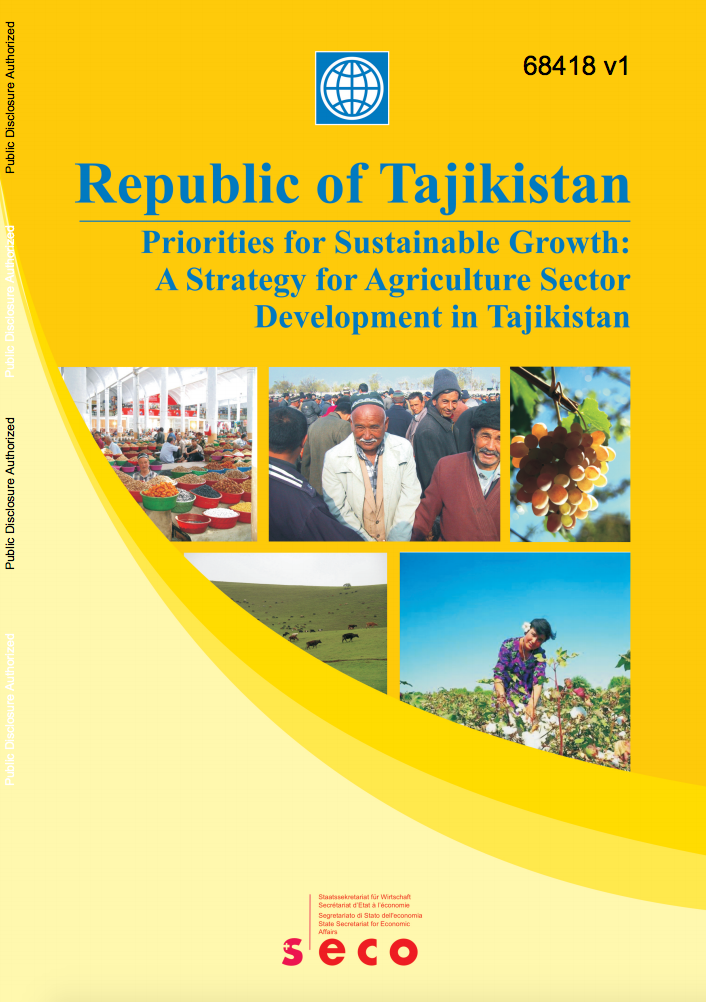Linking Gender, Environment, and Poverty for Sustainable Development : A Synthesis Report on Ethiopia and Ghana
Poverty, environment, social
development, and gender are important cross-cutting themes
of the World Bank and government investment programs,
especially within the Sustainable Development Network (SDN).
For developing sectoral strategies and programs, economic,
environment and social assessments are undertaken, however,
these are usually done separately, and most often gender
issues are not included. This is a missed opportunity,


